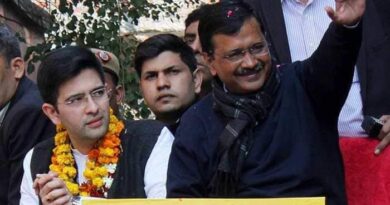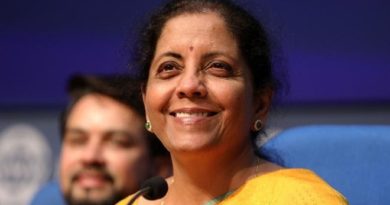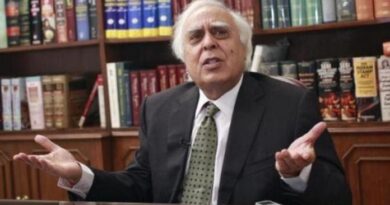CAB introduced in Lok Sabha seeking to provide citizenship to 6 minority communities forced to leave Afghanistan, Bangladesh & Pakistan: areas under Inner Line Permit & 6th Schedule barred
Amidst protest by Congress and other opposition parties, Union Home Minister Amit Shah on Monday, December 9, tabled the Citizenship (Amendment) Bill (CAB), 2019, in Lok Sabha that seeks to grant Indian citizenship to 6 non-Muslim communities compelled to leave their ancestral homes in Pakistan, Bangladesh and Afghanistan and seek refuge in India. For this purpose, the CAB proposes to amend the six-decade-old Citizenship Act. An estimated 1.75 crore people will benefit when it is enacted by Parliament. The cut-off date is 31/12/2014.CAB is one of the electoral promises made by ruling BJP. Opposing the bill Leader of Opposition in the Lower House, Adhir Ranjan Chowdhury, said, “It is nothing but targeted legislation for the minority people of our country.” Refuting the accusation HM Shah said “the Bill is not even .001% against minorities in the country”. To accommodate the concerns of the people in Manipur, where the Bill has triggered widespread protests, the government is said to have worked out “alternative arrangements”. While these steps may not be part of the Bill itself, these are likely to be announced by Amit Shah in the House. The bill was cleared by the Union Cabinet last week. The bill was introduced in the House after 299 MPs voted in its favour and 82 opposed it. HM Shah said “It was the Congress who discriminated between Hindu and Muslim refugees. The claims that this Bill has taken away the rights of the Muslims are wrong. In Afghanistan, Pakistan and Bangladesh, the Hindus, Sikhs, Buddhists, Christians, Parsis and Jains have been discriminated against. So, this Bill will give these persecuted people citizenship,” Amit Shah said. “The Citizenship Bill is not unconstitutional. I assure you that it does not violate any of the articles in the Constitution. Then Prime Minister Indira Gandhi gave citizenship to refugees from Bangladesh in 1971. Was her move also unconstitutional? These protests cannot continue as the government has been elected for five years, you will now have to listen to us.”We do not have competence to discuss Citizenship Bill, says Shashi Tharoor. “The nationalistic movement did not divide the country on geographical grounds or ideological grounds but along the religious lines. This Bill is against the Constitution of the country. “The Citizenship Amendment Bill (CAB), the Congress MP said. Manipur Chief Minister N Biren Singh led a team including Manipur civil society organisations and former CM and Congress leader Okram Ibobi Singh met Union Home Minister Amit Shah.“The Union Home Minister assured us that an alternative arrangement would be made to protect the indigenous communities of Manipur. We had proposed one of two courses — re-establishment of the Entry and Exit Permit System which was in place till 1950, or extension of the ILP to Manipur. The Home Minister told us that if he finds it difficult to implement the Entry and Exit System, he will extend the ILP. We have complete faith that he will decide on the appropriate course to protect the people of Manipur,” Singh said. Under the Entry and Exit Permit System, introduced by the erstwhile Manipur Kingdom, any non-Manipuri, even from any part of India, had to register at a ‘Foreigners’ Office’, acquire a special permit and pay fee. The system continued even after Manipur had been assimilated into Assam, and was finally repealed by the Assam Commissioner in 1950.The CAB excludes the ILP that is currently in place in Nagaland, Mizoram and Arunachal Pradesh requires non-locals to acquire special permit for entry. The system was first introduced by the British Raj to protect its commercial interests in the region, particularly in oil and tea production. Manipur was an independent kingdom at the time. The CAB is not any state specific and will be applicable to the entire country. CAB will not be applicable to the areas under 6th Schedule of the Constitution (edited by PK Chakravarty).




